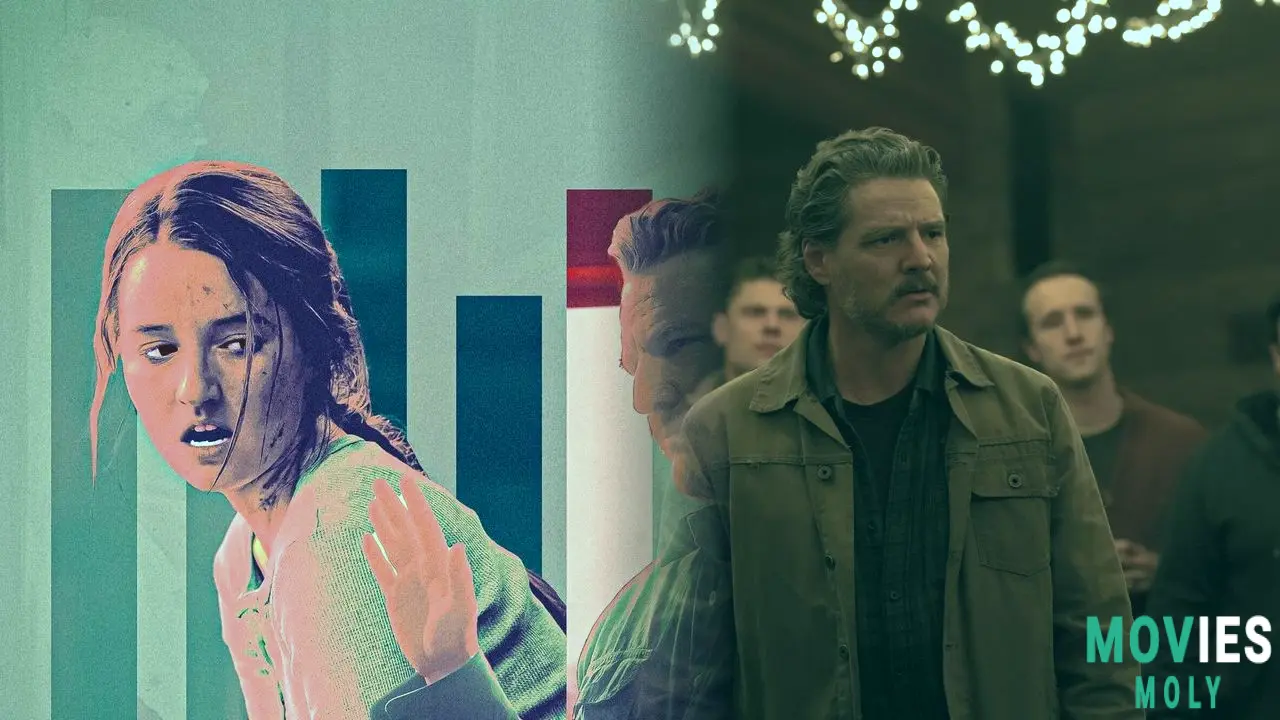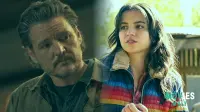Warning: Major spoilers for The Last of Us Season 2, Episode 3 ahead.
If there was ever an episode of The Last of Us that bore the weight of audience expectation so heavily it risked collapsing under its own emotional gravity, it’s Season 2, Episode 3. The brutal culmination of Joel Miller’s arc—one that only a few could have dared to reimagine after its iconic delivery in The Last of Us Part II—arrives not as a videogame echo, but as a resonant, soul-shaking pivot into what this series truly means for storytelling in genre TV. And somehow, beneath the blood and bone, it manages to be profoundly hopeful.
Joel’s Death Scene Transforms Into Emotional Ground ZeroEven gamers knew it was coming. Yet, seeing Joel’s demise through Abby’s (Kaitlyn Dever) eyes in live-action still packs a punch that’s equal parts inevitable and excruciating. HBO’s adaptation doesn’t just replicate the sequence—it retools it with surgical precision. Instead of relying on the player’s slowly earned understanding of Abby’s trauma, the show front-loads her pain into a chilling monologue delivered in the shadow of a ski lodge. “What is important for her to convey is that what he did was wrong,” — says co-showrunner Craig Mazin. And Abby does.
Joel’s final moments aren’t just about physical violence—they’re about emotional reckoning. The show cleverly swaps Tommy for Dina, deepening the stakes and emotional resonance of the ambush. Abby doesn’t just erase Joel; she shatters the world Ellie thought she knew. And she does it with a cruel intimacy, forcing Ellie to witness the carnage of her surrogate father’s body—and relationship—broken into pieces.
Behind the Gore: A Scene Powered by Cast Cohesion and Director’s Vision
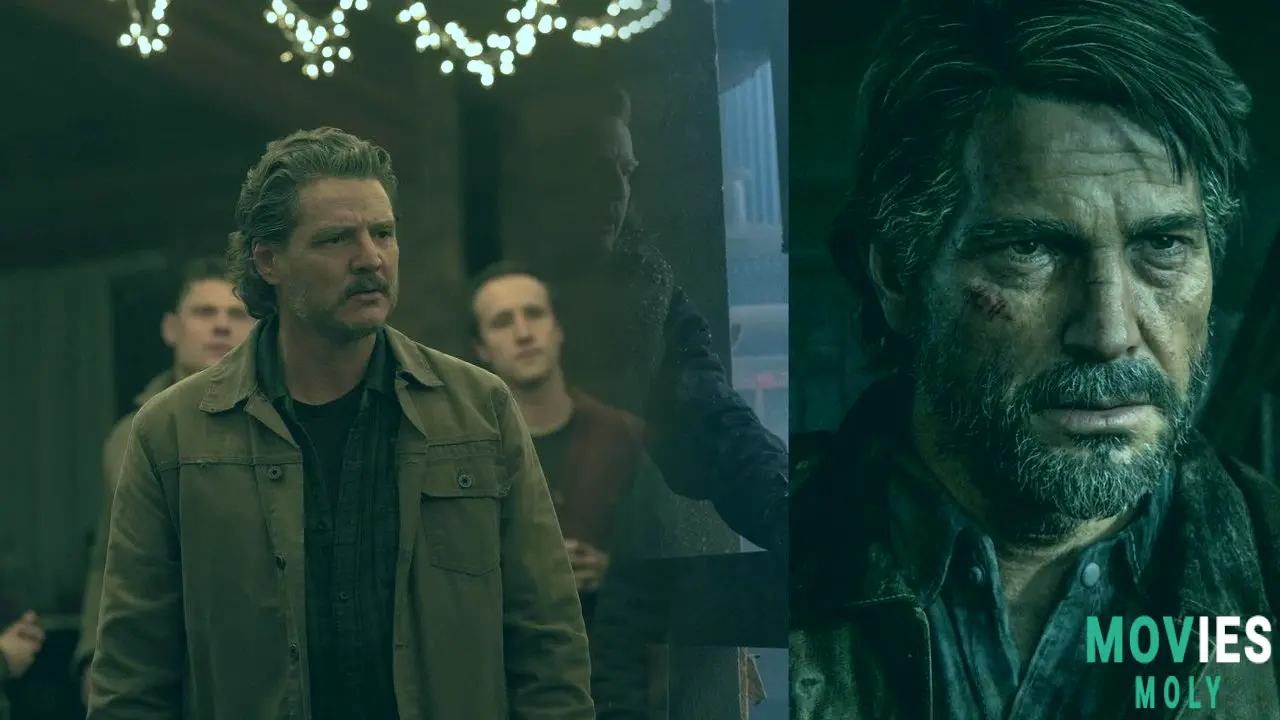
Director Mark Mylod, known for his work on Succession, approached this sequence like a master composer. Instead of lingering on the brutality, he let the camera dwell on faces—on grief, shock, and the birth of irreversible trauma. When Nora (Tati Gabrielle) breaks down in tears mid-take, it’s unscripted emotion crashing into storytelling like lightning. “It matters more than any kind of grotesque detail,” Mazin reflects. And he’s right.
Pedro Pascal called the experience of filming his character’s death “weird,” noting how his full makeup look instantly “killed the vibe” on set as soon as anyone saw him. Bella Ramsey (Ellie) even has a moment of levity in production—singing “Peanut Butter Jelly Time” to psych herself up before the scene. These behind-the-scenes details aren’t just trivia; they’re proof of a cast deeply invested in making pain *real* without letting it drown them.
Abby’s New Monologue Adds Layered Humanity to Her Vendetta
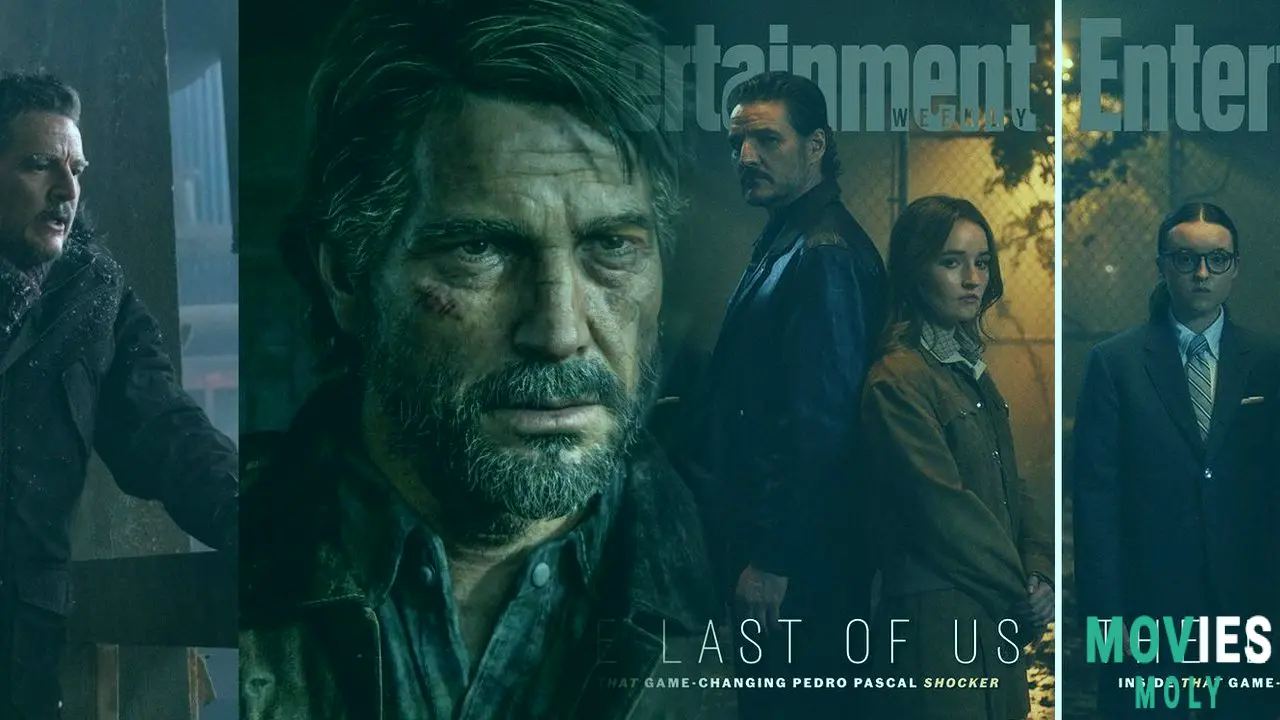
Not in the game, but essential to the show: Abby’s spoken reckoning with Joel before she kills him. It’s a moment of raw catharsis written by Mazin himself, giving the character a voice that games often leave to player interpretation. “She’s hurt, she’s angry, but she’s also... correct in her mind,” Mazin says. This monologue turns Abby from a avenger into a grieving daughter—one who’s about to cross a line she can never come back from.
It's the kind of storytelling gambit that separates adaptation from replication. By giving Abby this emotional punctuation, the show not only justifies her actions but humanizes them in a way that fans of the game might not have *wanted* but will likely *appreciate*.
The Last of Us Creatively Fills the Gaps Left by the Game’s Structure
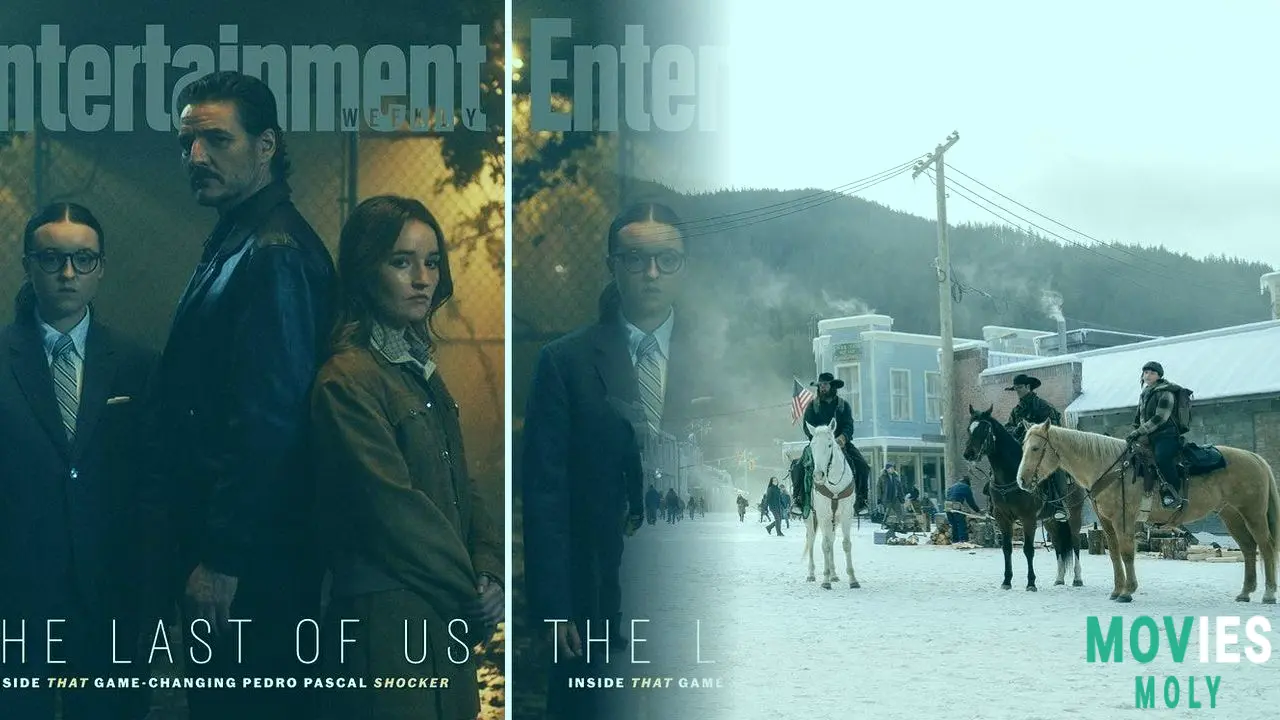
One of the most fascinating choices the showrunners made was to rearrange key elements from the game’s narrative to better suit the medium. Joel’s brother Tommy is sidelined during the kill sequence, replaced by Dina—a character whose emotional arc is now irrevocably tied to this trauma. “We wanted to show how much Dina cared about Joel,” Mazin explains. It’s a painful but necessary shift, one that promises to add layers to Ellie and Dina’s relationship as they move forward—trauma-bonded, and possibly drifting apart.
Ellie’s moment with Joel in the game’s prologue is mirrored in the show with a chilling twist: her emotional response to Abby’s name, spoken for the first time, is a whisper bathed in grief and disbelief. “We gonna kill a bitch,” Bella Ramsey improvises off-script. It’s dark humor born from utter hopelessness—and the start of a new mission.
Joel’s Death Isn’t an End — It’s a Catalyst for Deeper Exploration
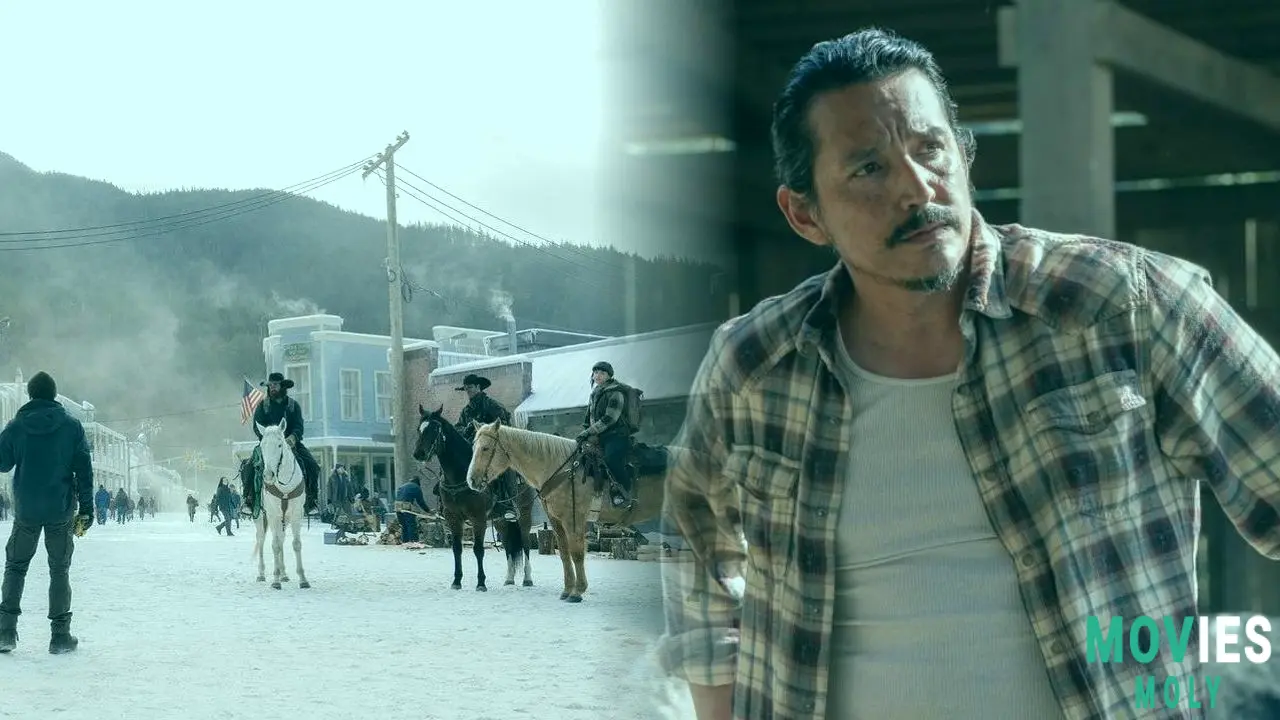
This isn’t just a repeat of game lore. It’s an evolution. The show dares to ask what Joel’s death *means* now, not just for Ellie, but for the entire thematic fabric of The Last of Us. As Joel’s body is dragged through the snow, a mournful song echoes in the background—Ashley Johnson’s voice, returning as Ellie’s in the games, sings “Through the Valley.”
It’s a ghost from the past, a lament for a future that will never be the same. Johnson’s cameo isn’t just fan service—it’s a bridge between mediums, a requiem for a character who lived in our hearts as long as he lived on screen.
What This Episode Means for The Last of Us as a Genre Powerhouse
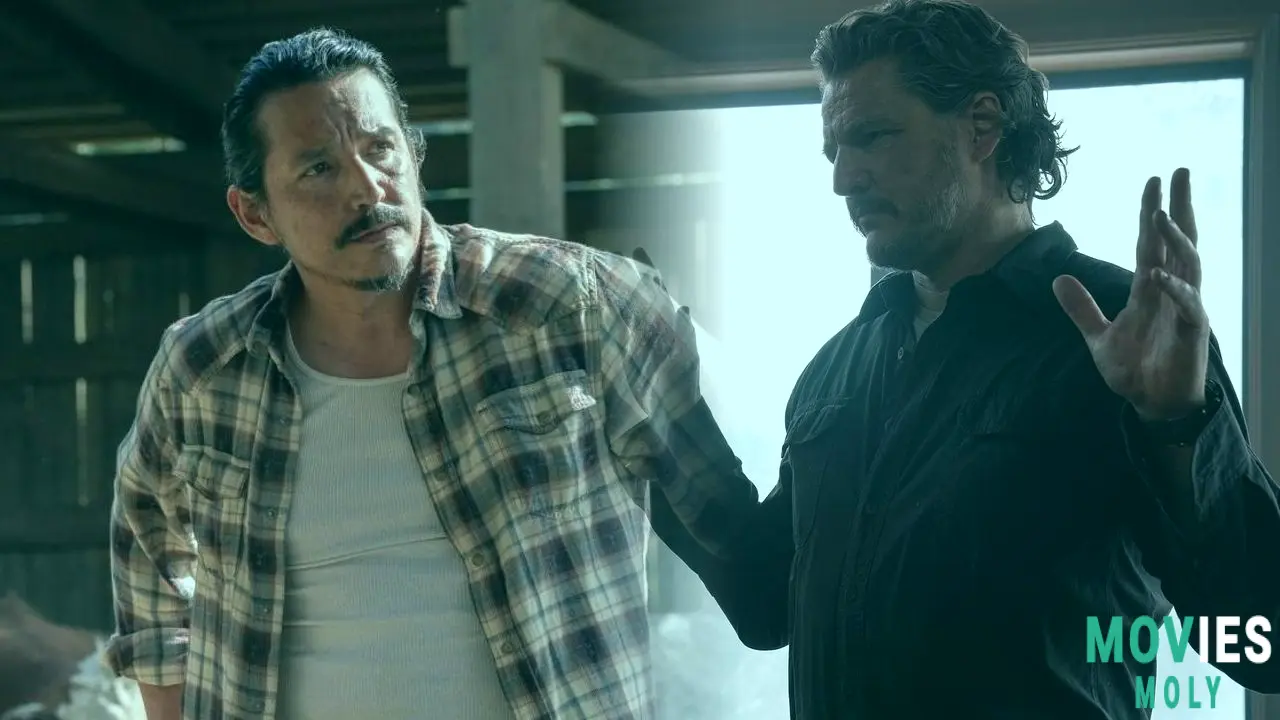
For a show that’s often been praised for its subtlety and moral ambiguity, Episode 3 of Season 2 takes a sharp turn into the metaphorical and literal bloodshed of revenge. But it doesn’t lose its nuance in the process. Instead, it gains it.
This is the kind of storytelling that Nicolas Ayala might compare to a Marvel cosmic event—not because of explosions, but because of what it *shakes up* in the narrative universe. It's like watching Logan collide with Justice League Dark: gritty, emotional, and mythic in its implications.
Joel’s death was always going to be divisive. Some will see it as thematic repetition; others will see it as necessary evolution. But with the creative team, cast, and sheer emotional craftsmanship on display, The Last of Us has turned what could have been a tired trope into a transformational moment. A moment that frees the story from its past and dares to ask—what now?

